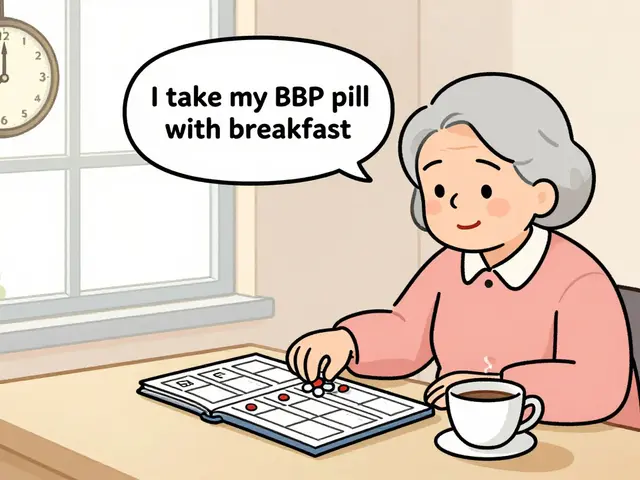Dietary zinc: what it does and how to get enough
Zinc is a tiny mineral that does big work. It helps your immune system, heals wounds, supports taste and smell, and plays a role in growth and hormone balance. Most people get enough from food, but some groups need extra attention: older adults, vegetarians, pregnant people, and anyone with digestive disorders that affect absorption.
Top food sources and how much you need
Want practical picks? Oysters are the richest source — a single serving can meet your daily needs. Beef, lamb, and chicken provide solid amounts too. Plant-based sources include pumpkin seeds, chickpeas, lentils, and fortified cereals, but zinc from plants is less absorbable because of phytates in grains and legumes.
The recommended daily amounts vary by age and life stage. For most adult men it's about 11 mg/day; for most adult women it's 8 mg/day. Pregnant and breastfeeding people need a bit more. Kids and teens need less. If you take a multivitamin, check the label: many already include some zinc.
Safe supplementing, timing, and interactions
If you choose a supplement, pick a dose that fills a gap rather than a mega-dose. Common over-the-counter supplements range from 5 to 50 mg. Long-term doses above 40 mg/day can cause copper deficiency, lower immune function, or nausea. Short-term higher doses are sometimes used for colds, but keep those brief and follow product guidance.
Timing matters: zinc can upset your stomach on an empty stomach, so take it with food. Avoid taking zinc at the same time as high-calcium meals or iron supplements — they compete for absorption. If you use antibiotics like quinolones or tetracyclines, separate zinc and antibiotic doses by a few hours and check with your prescriber.
Some forms of zinc are easier on the body. Zinc picolinate, zinc gluconate, and zinc citrate are common. Zinc sulfate can be harsher for digestion. Pick a form you tolerate and don’t assume more is better.
How do you know if you're low? Signs include slower wound healing, hair thinning, changes in taste or smell, frequent infections, and skin rashes. Those signs can come from other causes too, so don’t self-diagnose. A blood test can help, though zinc levels in blood aren’t always definitive. Your doctor can order tests or advise a short supplement trial.
Quick tips: favor whole-food sources first, use supplements only if needed, keep daily supplemental zinc under 40 mg unless supervised, and space zinc away from antibiotics or iron. If you’re pregnant, nursing, or have health issues, talk to your healthcare provider before starting zinc.
Want more practical articles about supplements, drug interactions, and safe online pharmacies? Browse related posts and guides at PharmaServe - Your Comprehensive Pharmaceuticals Guide for clear, up-to-date info you can trust.

Discover the crucial role zinc plays in maintaining your health and well-being. This article dives into the benefits of zinc supplements, common signs of deficiency, how to incorporate zinc into your diet, and tips for maximizing its absorption. Learn why zinc is the wellness-boosting supplement you've been looking for.






